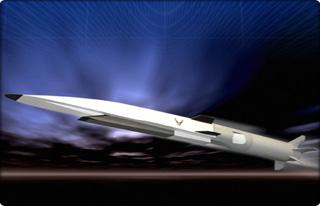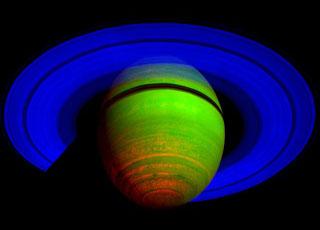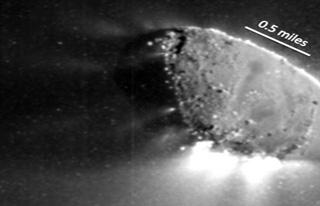
Boeing X-51A WaveRider.
Hyperplanes are multipurpose, fully reusable aerospace vehicles used for passenger or freight transport as well as satellite launching. The era of hyperplanes began with the development of X planes.
The rocket powered Bell X1 flown in 1947 was the beginning of supersonic era of flights. In 1960’s during cold war America developed XB-7O Valkyrie. It could fly at Mach 3.08 and achieve an altitude of 74,000 ft.
The Soviets also developed a plane similar to XB -70 - Su T4. The T-4, also called S100first flew in 1972 and easily achieved Mach 1.28 at 12,000m. The North American X-15 rocket-powered aircraft set speed and altitude records in the early 1960s, reaching the edge of outer space and returning with valuable data used in aircraft and spacecraft design.
The usefulness of the technology is that they can be used as reusable satellite launchers which could replace costly rocket missions and allow seamless entry to space.
The key enabling technology for hyper planes is scramjet engines which uses air breathing engine technology. It requires a booster rocket which will give it the supersonic velocity required for scramjet operation.
The hyperplanes require normal jet engines for horizontal take off, then a rocket to boost the velocity and a scramjet to sustain the hypersonic speed. They can take-off from any conventional airport.
To exit the atmosphere and park in Low Earth Orbit, a spacecraft must attain a speed of Mach 26(ouch), where it can either deliver payload which can be a satellite or even another vehicle that will travel further.
In defence fields, hyperplanes can be used for invincible spy planes and strategic bombers. USAF projects like the Hypersoar are hypersonic craft (Mach 10).
Many nations including United States, Russia and India are working on hyperplane technology. The only successful hypersonic flight was shown by X-43 of USA. The hyperplane Avatar being developed by India is expected to be used as a reusable missile launcher.
AVATAR is a single-stage reusable rocket plane developed by DRDO and ISRO for launching satellites at extremely low cost and taking tourists on rides into space.
Avatar will use a combination of turbofan, ramjet and scramjet engines to reach a cruising altitude of 10 kilometres before a cryogenic rocket engine takes over for the final push into space. Avatar is currently in the prototype testing stage. DRDO plans to build and fly a scaled-down version of Avatar, weighing just 3 tonnes at takeoff.
X-43 - In November, 2004, the X-43A demonstrated an advanced form of air-breathing jet engine could power an aircraft nearly 10 times the speed of sound. Data from the unpiloted, 12-foot-long research vehicle show its revolutionary engine worked successfully at Mach 9.6 (approximately 7,000 mph), as it flew over the Pacific Ocean west of California. The flight was the culmination of NASA's Hyper-X Program which explored alternatives to rocket power for space access vehicles.
BOEING X-51A - During its first flight test in May 2010, after being dropped from a B-52, the solid rocket ATACMS booster ignited and took the X-51A WaveRider to approximately Mach 4.5 at which point the scramjet engine took-over and accelerated the vehicle to a flight speed of approximately Mach 5.0 for approximately 200 seconds. The test was the longest of its kind, beating the previous record of 10 seconds set by the X-41.
BLACKSWIFT- A joint project between the Defense Advanced Research Projects Agency (DARPA) and the United States Air Force (USAF), built to take off from a runway and accelerate to Mach 6 before completing its mission and landing again. The project did not receive needed funding and was cancelled in October 2008.
 Previous Article
Previous Article Next Article
Next Article













The Indian Air Force, in its flight trials evaluation report submitted before the Defence Ministry l..
view articleAn insight into the Medium Multi-Role Combat Aircraft competition...
view articleSky enthusiasts can now spot the International Space Station (ISS) commanded by Indian-American astr..
view article